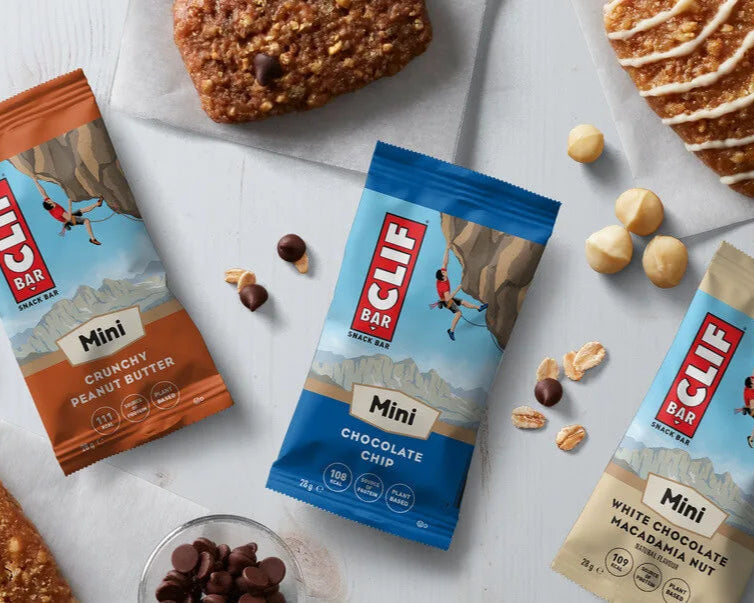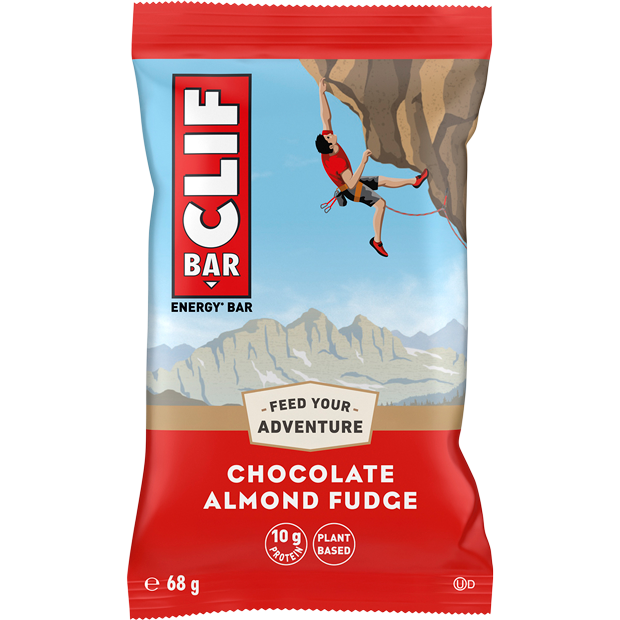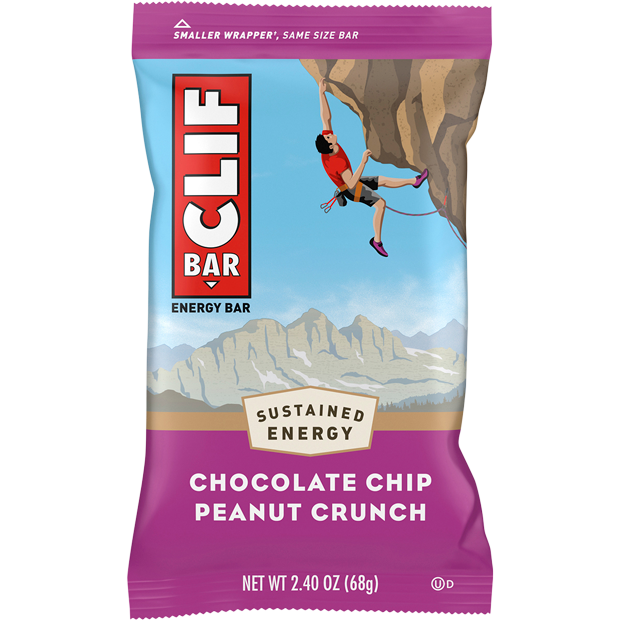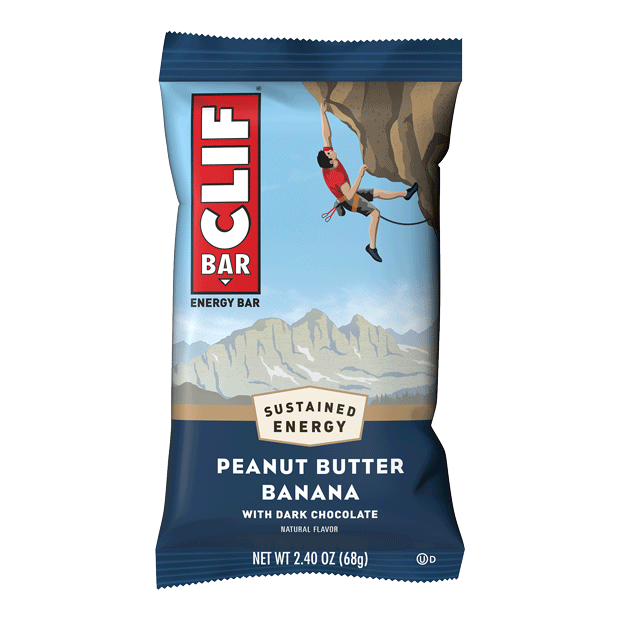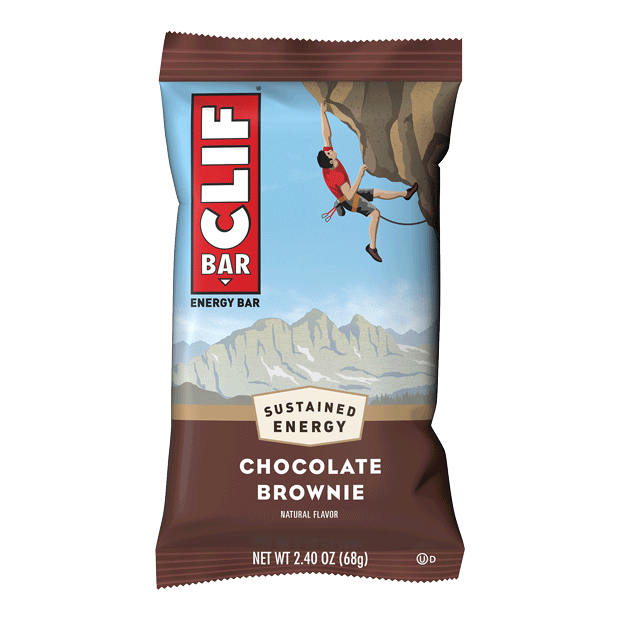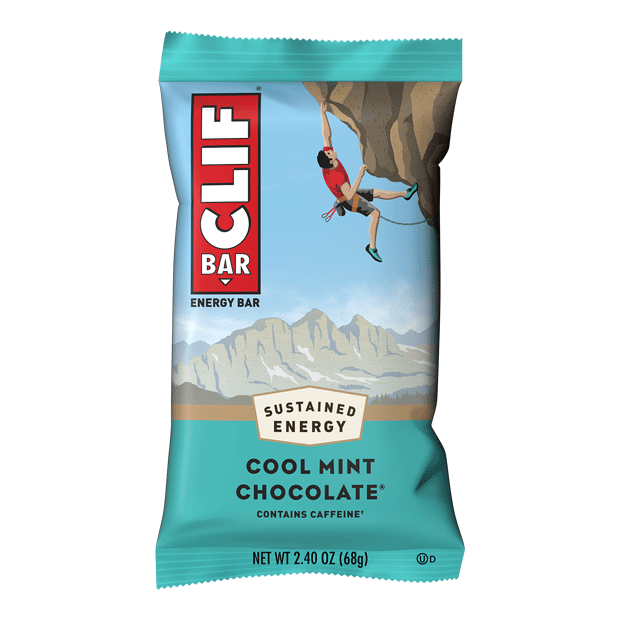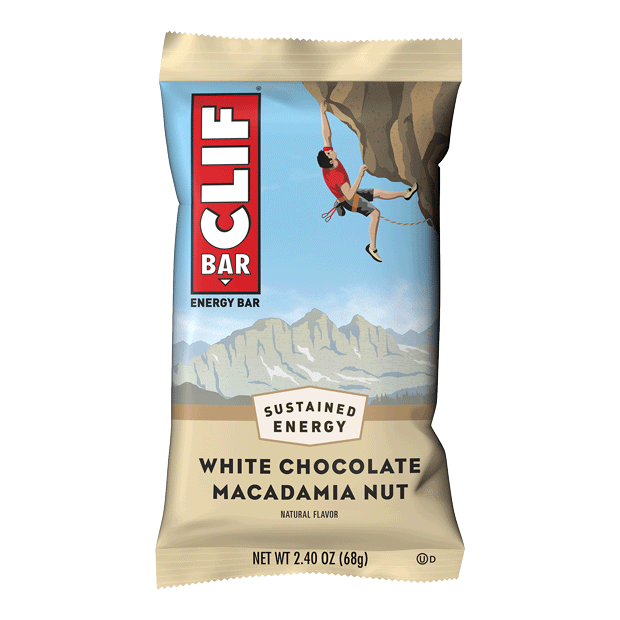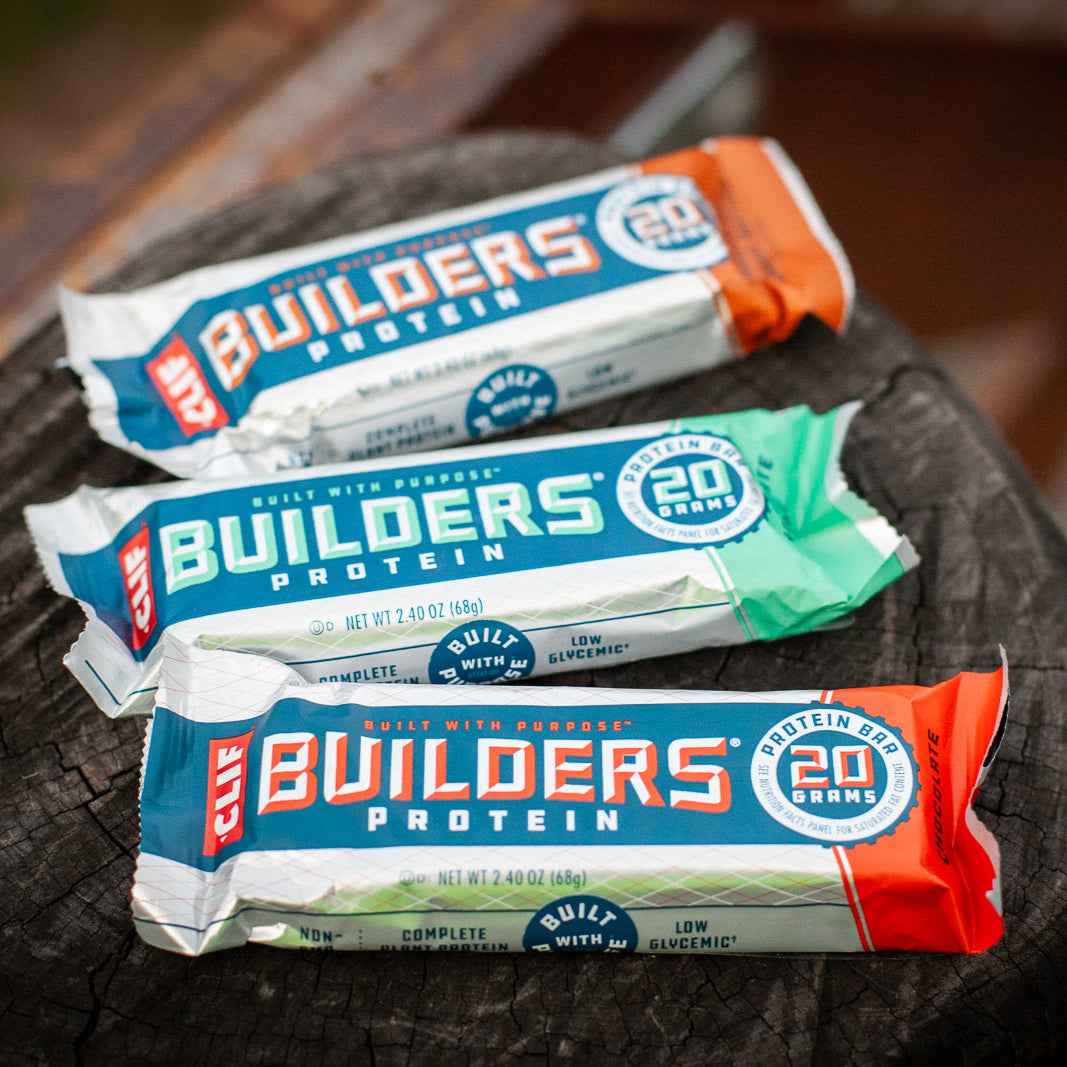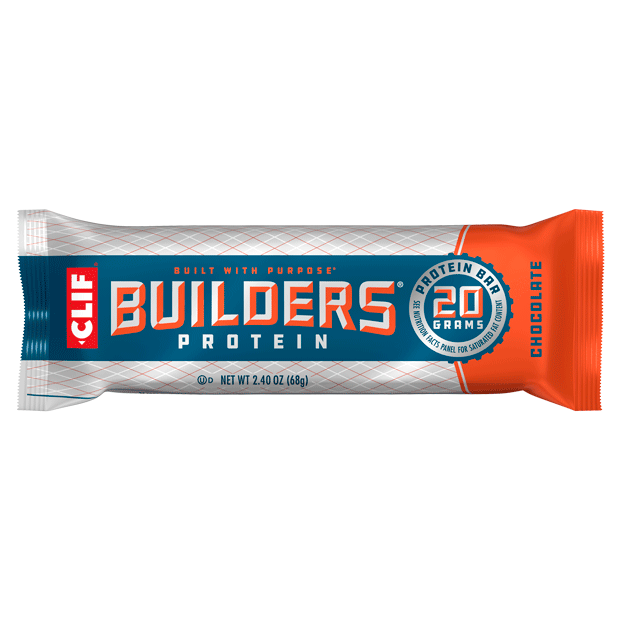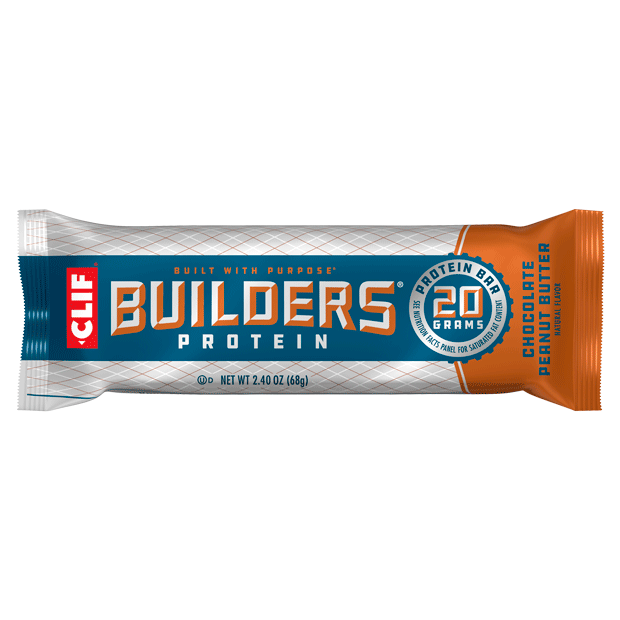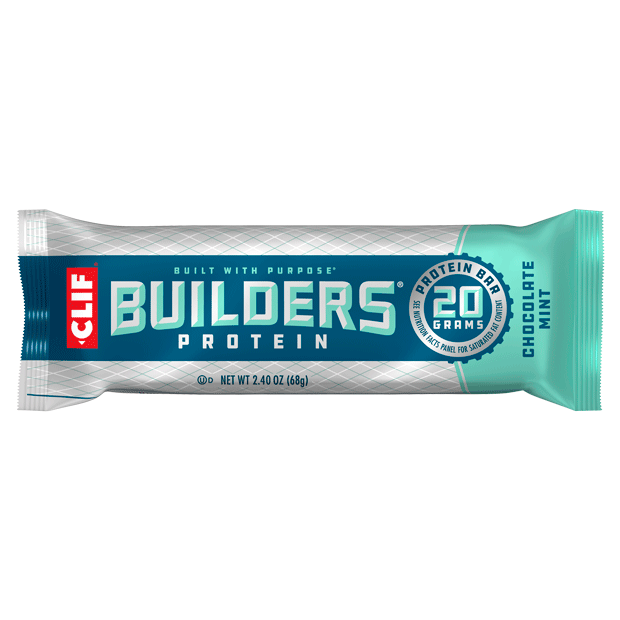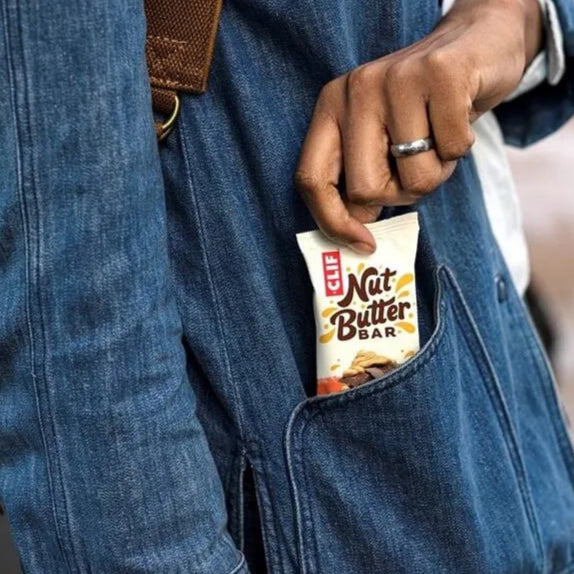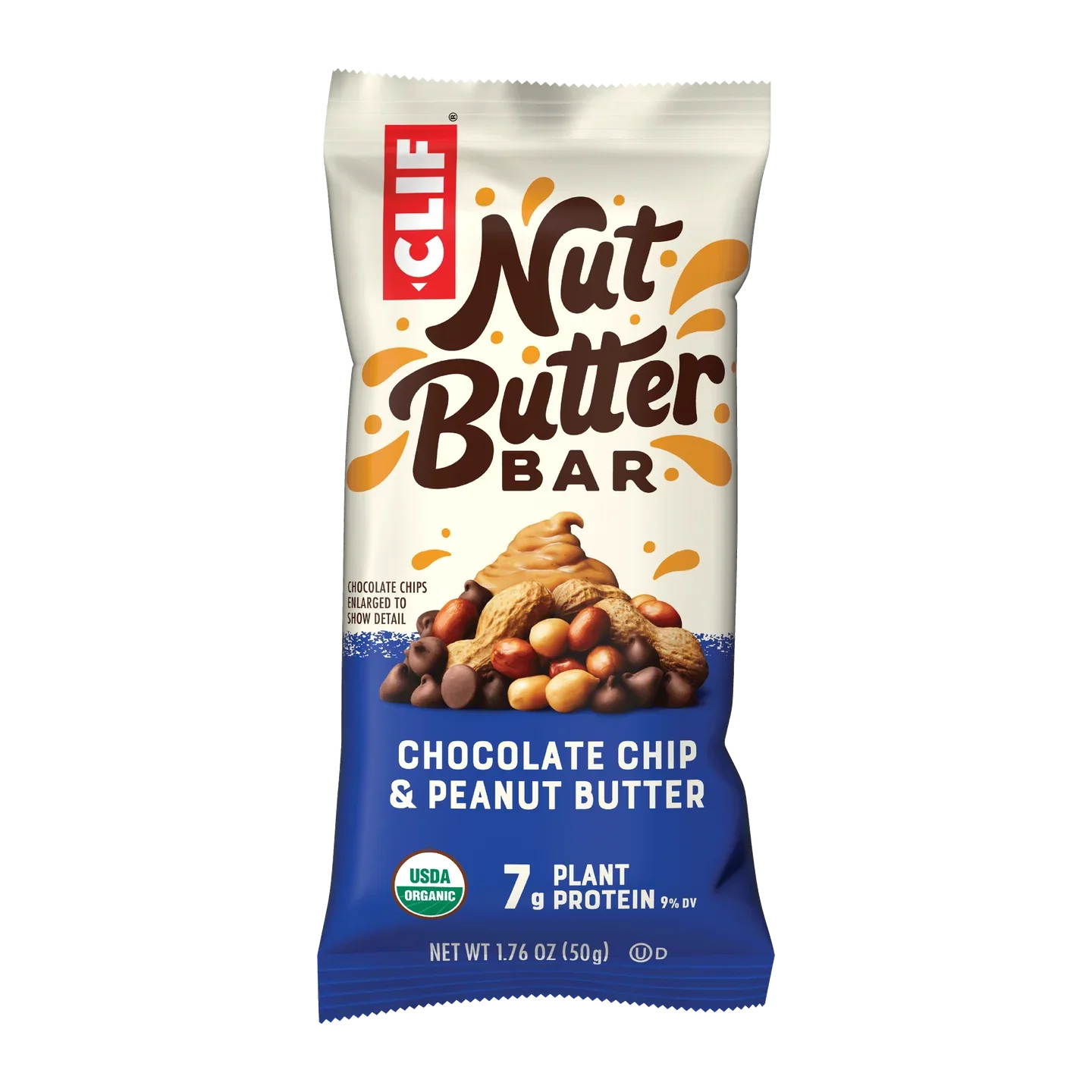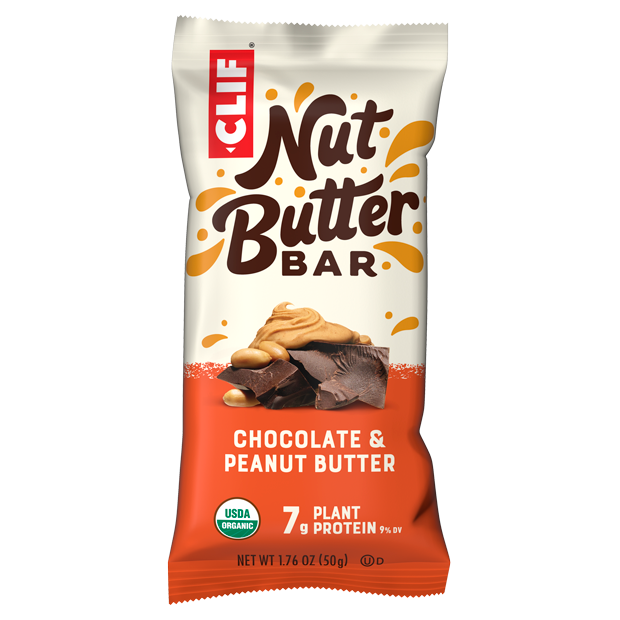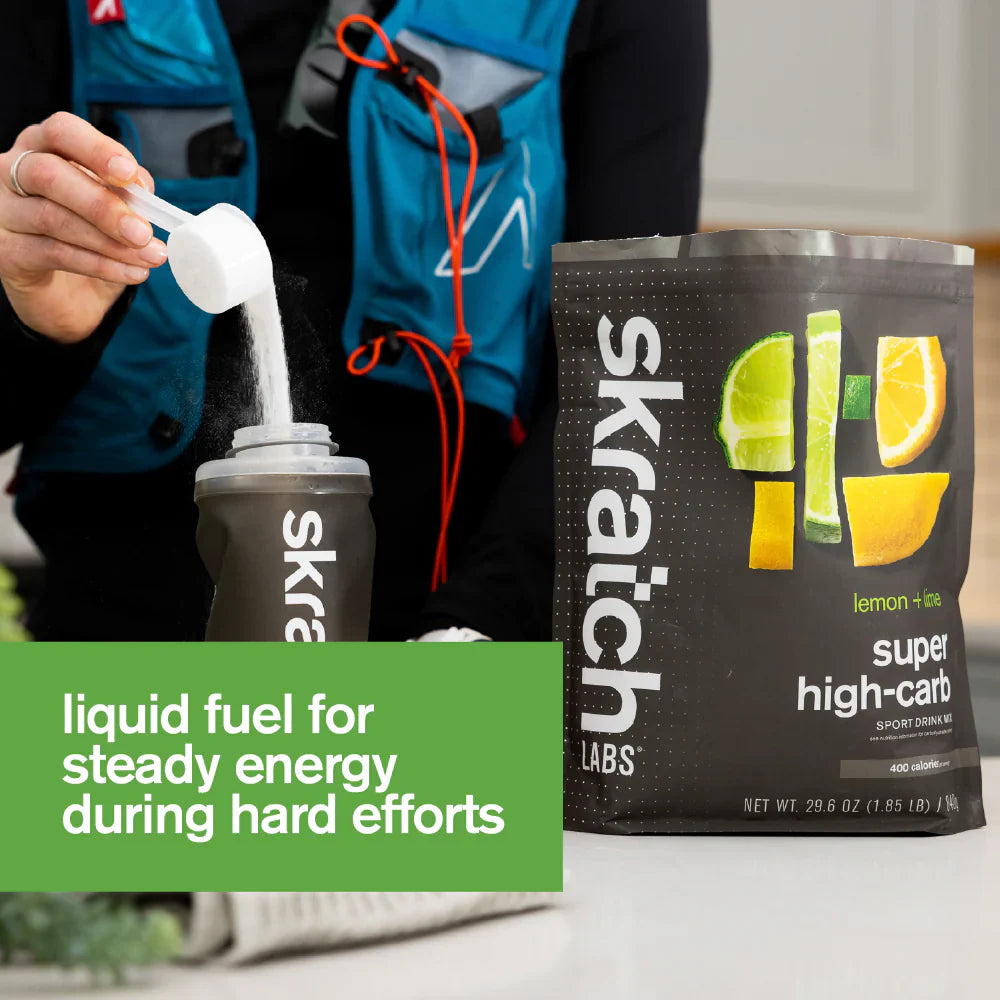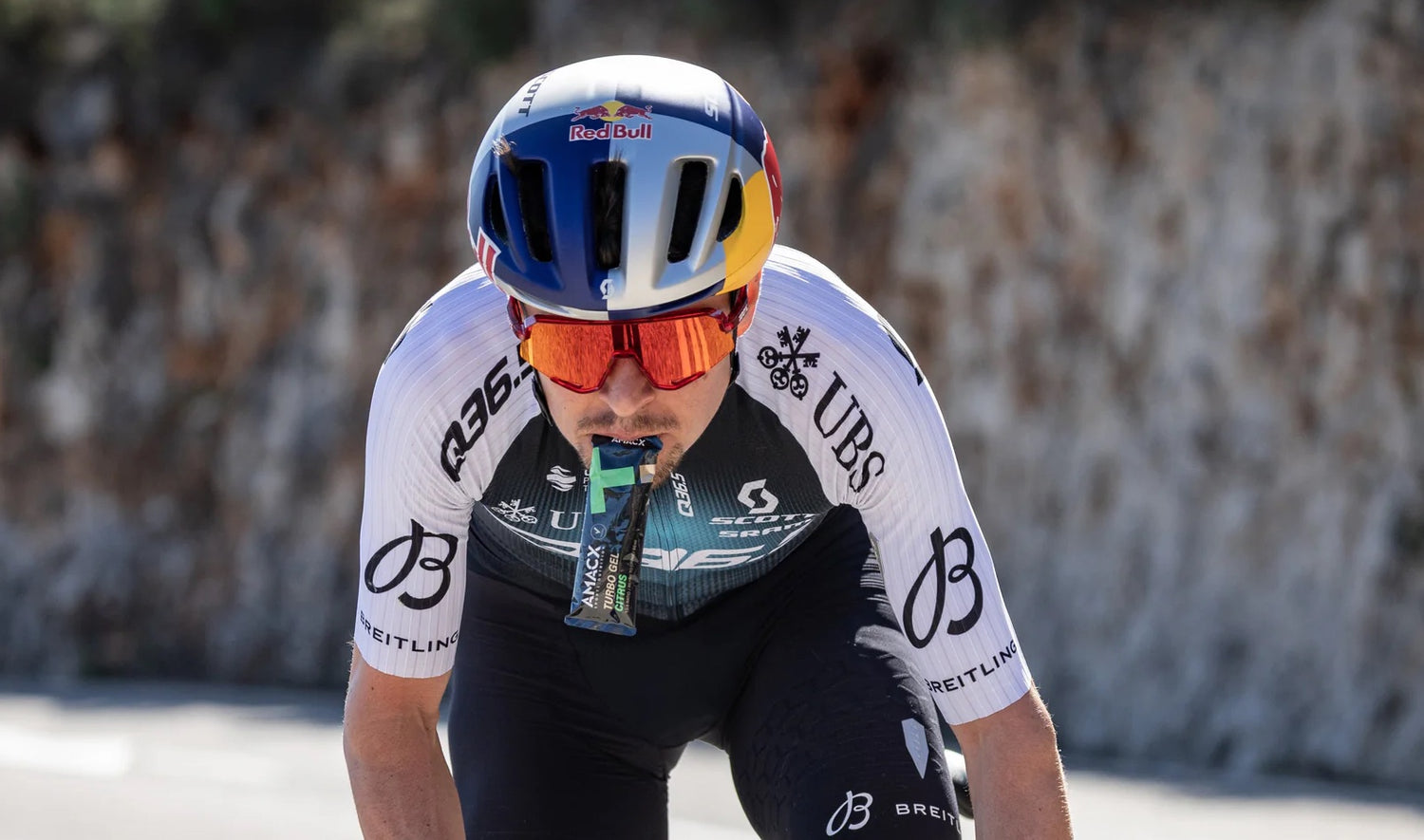Why Carbohydrates Become More Important as Intensity Ramps Up
When your exercise or race intensity increases, your muscles rely increasingly on carbohydrates (muscle glycogen & blood glucose) rather than fats for energy. That’s because carbs can be metabolized more quickly to meet higher energy demands. As a result, you need to ensure sufficient carbohydrate intake during training or competition — otherwise, you risk “hitting the wall,” fatigue, dropping pace, and reduced performance.
A key threshold many athletes and sports scientists refer to is ~60 grams of carbohydrate per hour — this is roughly the amount a single carbohydrate source (like glucose or maltodextrin) can optimally supply without overwhelming absorption/transport capacity. Above this, you risk gut issues or inefficient absorption unless you use more than one type of sugar.
Multiple Transportable Carbohydrates (MTC): What and Why
-
What they are: A mix of different carbohydrates commonly glucose (or a glucose derivative) + fructose. They use different intestinal transporters (SGLT1 for glucose, GLUT5 for fructose), allowing higher total absorption/oxidation rates than with glucose alone. Gatorade Sports Science Institute+2Science In Sport+2
-
Why they matter for high intensity / long duration events: When exercise is intense or lasts long (say 2.5+ hours), the demands on carbohydrate oxidation go up. Using MTC lets athletes push past the ~60g/h limit, sometimes toward ~90g/h (or more), improving endurance, delaying fatigue, maintaining blood glucose, and improving performance. Gatorade Sports Science Institute+2Science In Sport+2
Practical Guidelines
-
For shorter/faster efforts (<2.5 hours), ~60g CHO/h from a single easily digested source may suffice.
-
For longer events or higher intensities, aim to use MTC (glucose + fructose) to increase CHO intake up to ~90g/h. Science In Sport+2TrainingPeaks+2
-
Experiment in training to find what your gut tolerates (i.e. ratio, concentration, timing).
Key References to Dive into
-
Jeukendrup, A. “Multiple Transportable Carbohydrates and Their Benefits During Moderate and High Intensity Exercise.” SSE Sports Science Exchange, 2013. Gatorade Sports Science Institute
-
Stellingwerff & Cox, “Single vs Multi‐Source Carbohydrate Ingestion During Exercise.” ScienceInSport / sports-nutrition guidelines; recommending mixed sources for events over ~2.5h when carbohydrate intake reaches ~90g/h. Science In Sport
-
TrainingPeaks, “How to Optimize Carbohydrate Absorption.” TrainingPeaks









